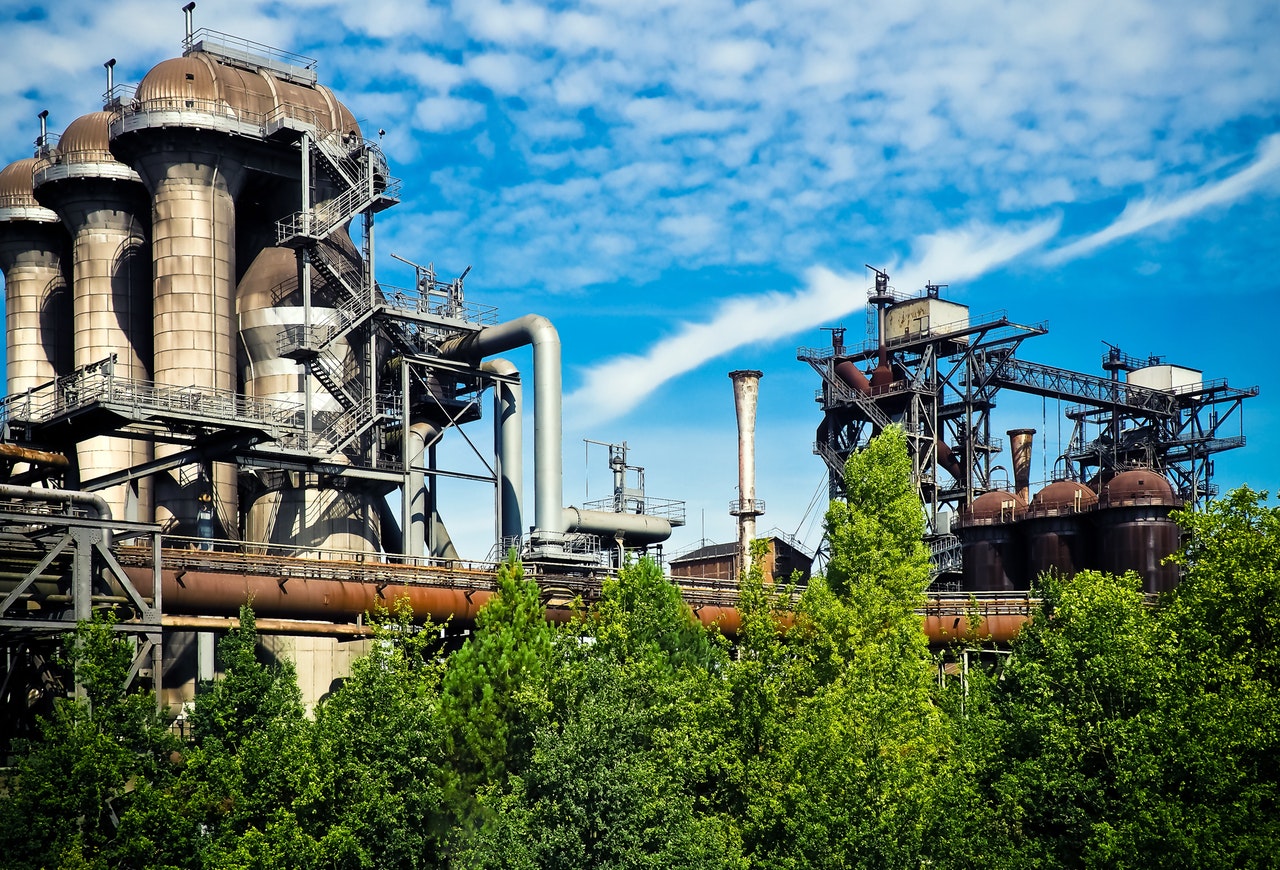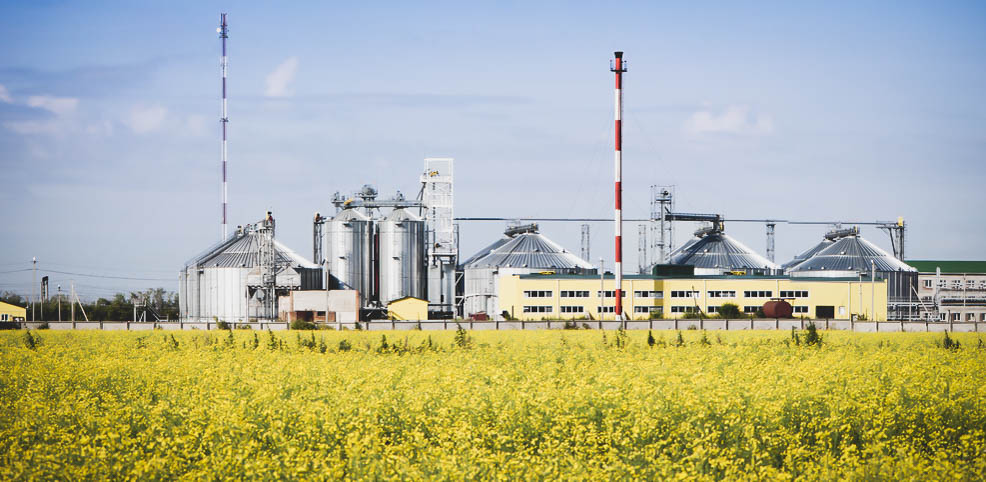Biodiesel is produced by chemically reacting lipids, such as vegetable oils, animal fats, or used cooking oil, with alcohol (methyl or ethyl) in a process called transesterification. This reaction results in the conversion of the triglycerides present in the feedstock into fatty acid esters, which have similar properties to diesel fuel.
The biodiesel manufacturing or processing plants can utilize different types of feedstocks and technologies to produce biodiesel. Some common feedstocks include vegetable oils like soybean, canola, palm, or oils from plants such as Jatropha, Karanja, or Mahua. The choice of feedstock depends on factors like availability, cost, sustainability, and local agricultural conditions.
Regarding the technologies, there are different biodiesel plant configurations and reactor types used in the industry. Examples include:
- Jatropha Biodiesel Plant: A plant specifically designed to process Jatropha oil as a feedstock.
- Karanja Biodiesel Plant: A plant specialized in utilizing Karanja oil for biodiesel production.
- Mahua Biodiesel Plant: A plant focused on using Mahua oil as a feedstock for biodiesel production.
- Enzymatic Biodiesel: This involves the use of enzymes as catalysts in the transesterification process, which can provide certain advantages such as milder reaction conditions and the ability to process a wider range of feedstocks.
- Continuous Stirred Tank Reactor (CSTR) Biodiesel: This refers to a specific type of reactor used for the transesterification process. It consists of a tank reactor with continuous mixing to ensure efficient reaction kinetics.
- Multi-Feedstock B100 Biofuel Plant: This plant is capable of processing multiple types of feedstocks, allowing for flexibility in feedstock selection and potentially improving the overall sustainability of biodiesel production.
It’s important to note that the specific plant configuration and process design can vary depending on factors like scale, available resources, local regulations, and desired production capacity.
Biodiesel plants play a crucial role in the production of renewable and environmentally friendly fuels, offering an alternative to conventional petroleum diesel and contributing to the reduction of greenhouse gas emissions.





